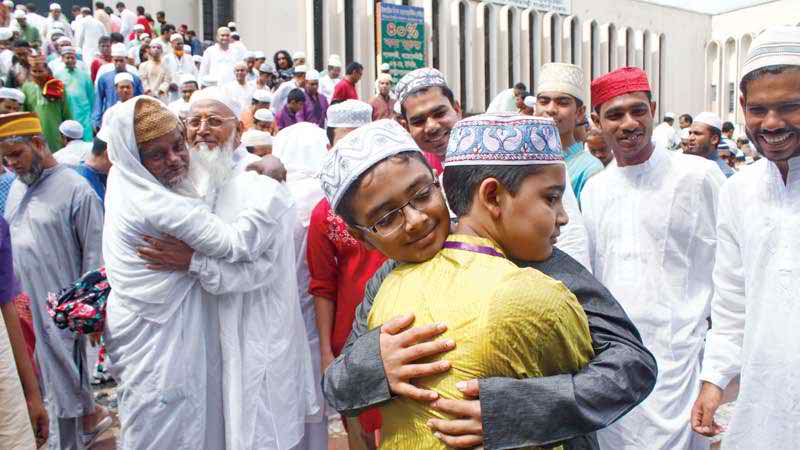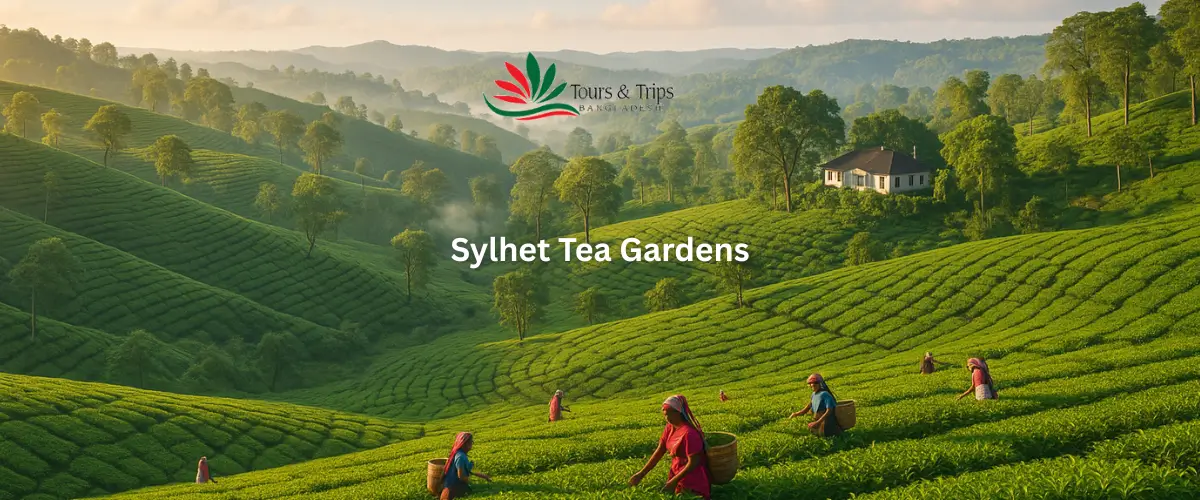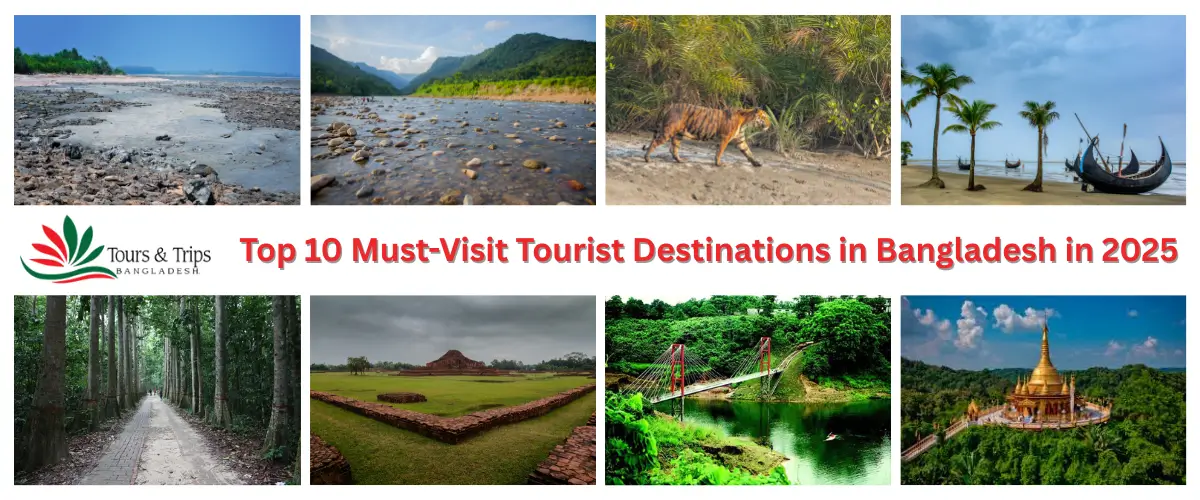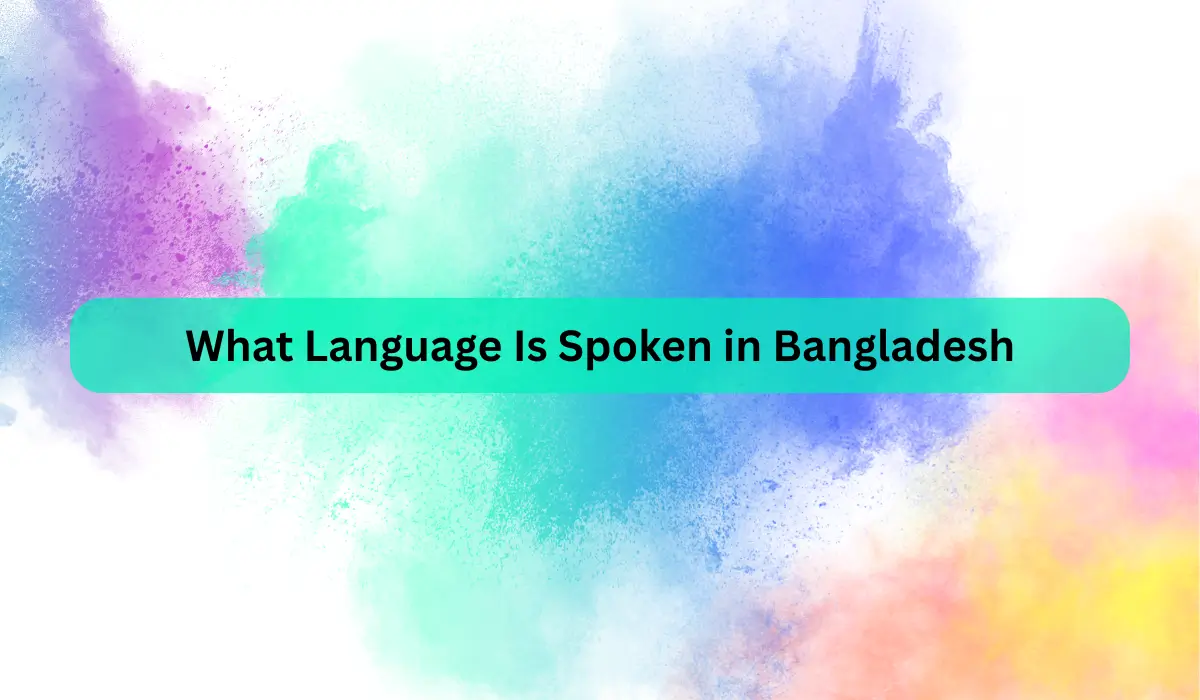Eid-al-Fitr, also known as the “Breaking of the Fast,” is the largest religious festival for Muslims worldwide. This auspicious occasion marks the end of Ramadan, a month dedicated to fasting, prayer, and reflection. It falls on the first day of the Islamic month of Shawwal, bringing a spirit of unity, gratitude, and joy to the global Muslim community.
Significance of Eid-al-Fitr
Eid-al-Fitr is more than just a festive celebration; it is a day of spiritual fulfillment and thankfulness to Allah for granting the strength to complete Ramadan. Muslims start their day with communal prayers at mosques or open spaces, seeking divine blessings and forgiveness. The prayer is followed by a khutba (sermon) that reminds everyone of their duties as Muslims and the importance of helping the less fortunate.
One of the most meaningful aspects of Eid-al-Fitr is Zakat al-Fitr, a mandatory form of charity given to the poor before the day’s prayer. This charity ensures that everyone, regardless of their financial situation, can partake in the festive meals and celebrations. Zakat al-Fitr can be in the form of food items like barley, dates, raisins, or wheat flour, or its monetary equivalent, emphasizing the community’s collective responsibility.
Eid Preparations in Bangladesh
In Bangladesh, Eid-al-Fitr is celebrated with immense enthusiasm and vibrant traditions. Preparations begin early in Ramadan, as families plan for the festivities. Shopping becomes a key activity during this time, with bustling markets and shopping malls decorated with lights and colorful banners to attract eager buyers.
People shop for new clothes, accessories, and gifts for their loved ones. The excitement peaks on Chand Raat (moon sighting night), where women and girls decorate their hands with intricate henna designs. The air is filled with joy and anticipation as people greet each other and finalize their preparations for the big day.
The Festive Day: Traditions and Customs
Eid morning begins with a special prayer service, where Muslims gather in large numbers to offer thanks to Allah. Following the prayers, families and friends exchange warm greetings of “Eid Mubarak,” a phrase that translates to “Blessed Eid.” The day is marked by acts of kindness, such as giving gifts, sharing meals, and visiting relatives.
1. Festive Food
One of the highlights of Eid-al-Fitr is the delicious spread of traditional dishes. In Bangladeshi households, the table is adorned with delicacies like shemai (sweet vermicelli), jarda (sweet rice), korma, polao, and various types of kebabs. These dishes symbolize abundance and are prepared with great care to be shared with family, friends, and neighbors.
2. Salami for Children
Children eagerly look forward to collecting salami, a cash gift given by elders. This tradition adds to the joy of Eid, as kids excitedly save their money or spend it on toys, sweets, and other treats. It’s a delightful way to involve the younger generation in the festive spirit.
3. Visiting Relatives and Neighbors
Eid is also a time for reconnecting with loved ones. Families visit relatives, friends, and neighbors, strengthening bonds and sharing happiness. Exchanging greeting cards and gifts is a cherished tradition, adding a personal touch to the celebrations. Children often create handmade greeting cards for their parents and friends, a gesture that reflects love and creativity.
The Spirit of Togetherness and Gratitude
Eid-al-Fitr is not just about feasting and festivities; it’s a celebration of togetherness and gratitude. It reminds Muslims of the importance of compassion, charity, and unity. The act of giving Zakat al-Fitr ensures that everyone in the community can participate in the celebrations, fostering a sense of equality and solidarity.
The festival also serves as an opportunity to reflect on the spiritual lessons of Ramadan. Muslims are encouraged to carry forward the values of patience, self-discipline, and empathy learned during the holy month. This spirit of reflection and gratitude makes Eid-al-Fitr a deeply meaningful occasion for all who celebrate it.
Eid Festivities Across Bangladesh
In Bangladesh, Eid-al-Fitr is celebrated with unique regional variations. While the core traditions remain the same, each area adds its own flavor to the festivities. Let’s explore how different parts of Bangladesh embrace this joyous occasion:
1. Urban Celebrations
In cities like Dhaka, Chittagong, and Sylhet, the celebration is grand and vibrant. Shopping malls and markets like Bashundhara City, New Market, and Aarong are illuminated with lights and offer special Eid discounts. On Chand Raat, streets buzz with last-minute shoppers, and the aroma of street food adds to the festive atmosphere.
2. Rural Traditions
In rural areas, the celebrations are more communal. Villagers gather at local mosques for prayers and organize fairs featuring traditional games, music, and food. The sense of community is strong, with neighbors exchanging homemade sweets and gifts.
Global Significance of Eid-al-Fitr
Eid-al-Fitr is celebrated by Muslims worldwide, making it one of the most widely observed religious festivals. Despite cultural differences, the essence of the festival remains the same: gratitude to Allah, acts of charity, and sharing happiness with others. From the streets of Cairo to the mosques of Jakarta, Muslims come together to mark this joyous occasion.
In countries with significant Muslim populations, such as Indonesia, Saudi Arabia, and Pakistan, Eid is a public holiday. The celebrations often include parades, fireworks, and cultural performances, showcasing the diversity and richness of Islamic traditions.
Eid-al-Fitr: A Message of Hope and Unity
The beauty of Eid-al-Fitr lies in its universal message of hope, unity, and compassion. It’s a time to set aside differences and come together as one community. The festival reminds everyone of the importance of sharing blessings and spreading joy, creating a ripple effect of positivity.
Conclusion
Eid-al-Fitr is more than a festival; it is a celebration of faith, gratitude, and human connection. In Bangladesh and beyond, it’s a time to cherish family, strengthen bonds, and help those in need. Whether it’s giving Zakat al-Fitr, sharing a meal, or just saying a warm “Eid Mubarak,” this festival really shows what love and togetherness are all about.
As the crescent moon signals the end of Ramadan and the beginning of Eid-al-Fitr, Muslims around the world embrace the joyous occasion with open hearts and a renewed spirit of devotion. Let this Eid be a reminder to spread kindness, foster unity, and celebrate the blessings of life.
Here are three FAQs about Eid-al-Fitr:
1. What are the key traditions of Eid-al-Fitr?
Key traditions include attending communal prayers, giving Zakat al-Fitr (a mandatory charity for the poor), wearing new clothes, exchanging greetings and gifts, and enjoying festive meals with family and friends.











Comments